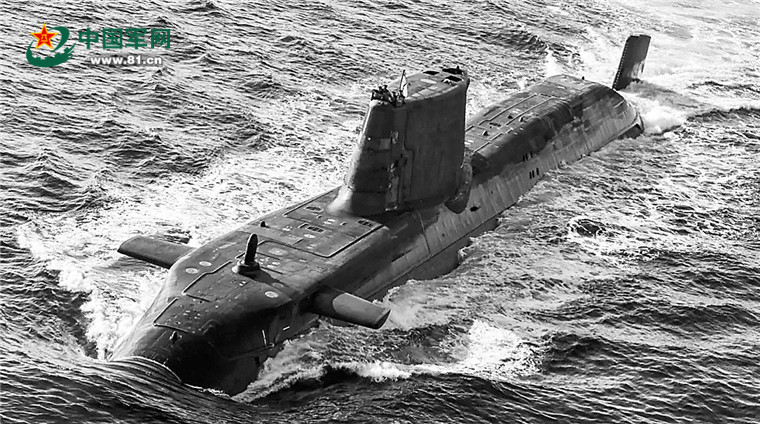
By Deng Rui
“The AUKUS pact among the United States, Britain and Australia, which will enable Australia to build nuclear-powered submarines with technology provided by the United States and Britain, is a ‘textbook case’ of nuclear proliferation based on the Cold War mentality and narrow-minded geopolitical calculation. It tramples upon the spirit of the Treaty on the Non-Proliferation of Nuclear Weapons and seriously challenges relevant provisions in the treaty.” Chinese Ambassador for Disarmament Affairs Li Songmade a solemn statement on October 13 about the announcement by the UK, Britain and Australia to form a new security partnership.
Recently, the US and Britain said they would transfer nuclear technology to Australia and help its navy build a nuclear submarine force. This reveals America’s sinister intention of curbing and containing the development of regional countries through the so-called “major-country competition” and will exert serious negative impacts on regional stability and global nuclear arms control.
The move reflects America’s stubborn Cold-War mentality
In recent years, the US has implemented strategic contraction in the Middle East while continuously increasing its input in the Indo-Pacific in the attempt to promote its so-called “Indo-Pacific strategy” to curb the rise of emerging major countries and cement America’s global leadership. For a long time, the US has turned a blind eye to the possession of nuclear weapons by some of its allies, but it is badgering other countries for their nuclear projects serving civilian purposes. America’s “nuclear armoring” of Australia this time is screaming hegemonism and power politics all over, and it will expose the region to the risk of a “new Cold War”.
The move undermines regional security and stability.
It is an extremely irresponsible move for the US and the UK to export highly sensitive nuclear submarine technology to Australia and use nuclear export as a tool of geopolitical contention, which will cause many adverse effects on regional security and stability. On the one hand, the transfer of nuclear submarine technology will break the military balance in the Indo-Pacific region, even worsenan arms race, and consequently undermine regional peace and stability. On the other hand, the move may exacerbate the tension between Australia and its neighbors and therefore affect the regional situation. Several Asian-Pacific countries including Indonesia, Malaysia and New Zealand have expressed concerns or objections.
The move obstructs global nuclear arms control.
Australia is a non-nuclear contracting party to the Treaty on the Non-Proliferation of Nuclear Weapons and a contracting party to the South Pacific Nuclear-Free Zone Treaty. The US and Britain’s blatant transfer of highly sensitive nuclear submarine technology to it grossly contravenes and tramples on the international nuclear non-proliferation mechanisms. The stark act of nuclear proliferation will add fuel to the precarious situation of international nuclear arms control. America’s “double standards” increase the risk of the proliferation of nuclear materials and technology and will definitely arouse the dissatisfaction of more countries, even its allies. The bad demonstrative effect of this move will deal a heavy blow to the current international order.













